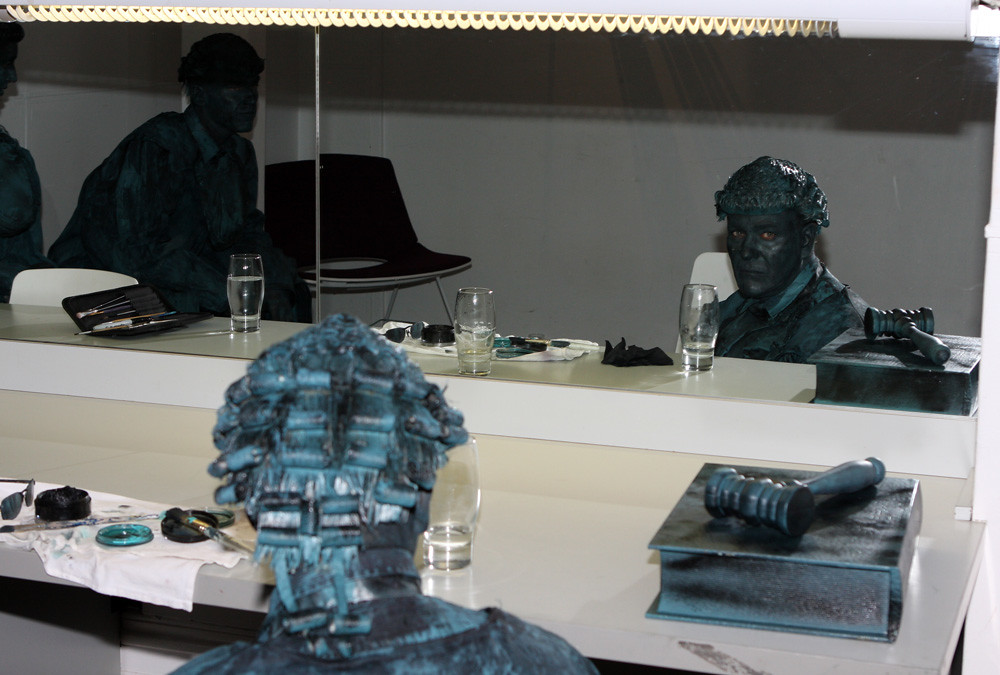Company Regulation Law And Legal Definition
There has been quite a lot of curiosity in the implications of Foucault’s ideas on governmentality for understanding law, and in addition in continental thinkers corresponding to Niklas Luhmann and Pierre Bourdieu. Again, one can argue that rather fewer empirical research have been produced than one might need hoped, but a substantial amount of attention-grabbing work has been printed. Sociology of law was a small, however creating, sub-subject of British sociology and authorized scholarship on the time when Campbell and Wiles wrote their evaluation of legislation and society analysis in 1976. Unfortunately, despite its preliminary promise, it has remained a small area.

First Identified Use Of Regulation
Very few empirical sociological studies are revealed every year. Nevertheless, there have been some glorious studies, representing quite a lot of sociological traditions as well as some main theoretical contributions. The two most popular approaches through the Nineteen Sixties and 1970s were interactionism and Marxism. The sociology of legislation has no methods of investigation which have been developed particularly for conducting socio-legal analysis.
Instead, it employs all kinds of social scientific strategies, including qualitative and quantitative research methods, to discover regulation and legal phenomena. Positivistic as well as interpretive and ethnographic approaches to knowledge collection and analysis is used within the socio-legal field. On this view, for the social scientific studies of legislation to transcend the theoretical and empirical limits that at present outline their scope, they should go beyond artificial distinctions.
Court Administrative Officer
On one view, the primary difference between the sociology of law and Law and Society is that the latter doesn’t limit itself theoretically or methodologically to sociology and tries instead to accommodate insights from all social science disciplines. In newer years, a very wide range of theories has emerged in the sociology of legislation because of the proliferation of theories in sociology at giant.
Legal psychologists sometimes take basic social and cognitive rules and apply them to issues in the legal system such as eyewitness reminiscence, jury determination-making, investigations, and interviewing. The time period “legal psychology” has only just lately come into usage, primarily as a method to differentiate the experimental focus of legal psychology from the clinically-oriented forensic psychology. Lawrence M. Friedman is among socio-legal students who introduced the thought of legal culture into the sociology of legislation. For Friedman, legal tradition “refers to public knowledge of and attitudes and behaviour patterns toward the authorized system”. As an idea, it refers to “relatively stable patterns of legally-oriented social behaviour and attitudes,” and as such is regarded as a subcategory of the idea of culture. Since the Eighties, comparatively few empirical research of legislation and authorized institutions have been carried out by British sociologists, i.e. studies which are empirical and at the same time have interaction with the theoretical concerns of sociology. To start with, sociology of regulation, together with so many areas of educational work, has been enlivened and renewed by way of engagement with feminism.
